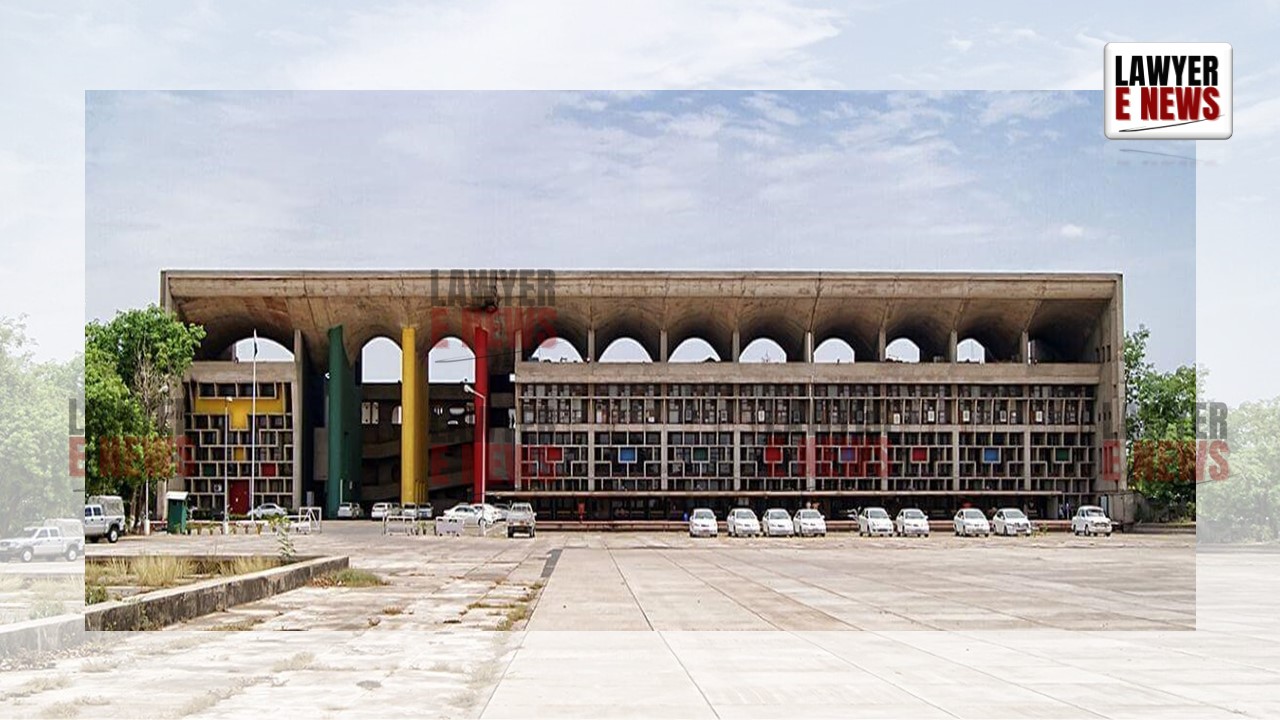-
by Admin
15 February 2026 2:36 AM



Punjab & Haryana High Court, in Avtar Singh & Anr. v. Punjab State Agricultural Marketing Board, upheld the dismissal of two petitioners who were fraudulently appointed as Chowkidars in 2011. Justice Namit Kumar ruled that the appointments were made without following proper procedures, including advertisement in widely circulated newspapers, and were thus invalid. The Court emphasized that fraudulent appointments are a nullity under law and cannot be saved by principles of natural justice.
The petitioners, Avtar Singh and Ram Singh, were appointed as Chowkidars by the Market Committee, Barnala, based on a non-transparent process in 2011. The appointments were annulled in 2012 due to procedural irregularities. After a legal challenge, the High Court quashed the annulment for lack of a hearing but allowed the Board to conduct a fresh inquiry. Following the inquiry, the petitioners were dismissed in 2015 for obtaining their posts through fraud, leading to this petition.
The main issue was whether the petitioners could claim reinstatement despite their appointments being made fraudulently, violating Articles 14 and 16 of the Constitution, which ensure equal opportunity in public employment.
Justice Kumar ruled that the appointments violated basic principles of fair recruitment, as they were made without proper advertisement and only three candidates applied for the three available posts. The Court noted that the entire process was rigged by the then Chairman and Secretary of the Market Committee.
"Fraud vitiates everything; an appointment obtained by fraud is void ab initio."
The Punjab & Haryana High Court dismissed the petition, holding that the fraudulent appointments were unsustainable in law. The Court upheld the orders terminating the petitioners' services, emphasizing that fraud cannot be protected under the guise of legal or equitable rights.
Date of Decision: September 24, 2024
Avtar Singh & Anr. v. Punjab State Agricultural Marketing Board
